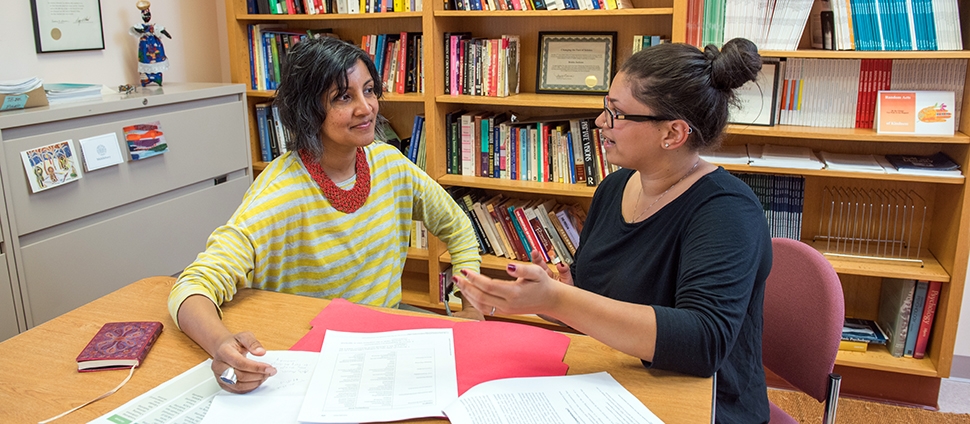Document Type
Article
Publication Date
9-1-2016
Publication Title
CBE –Life Sciences Education
Abstract
Best-practices pedagogy in science, technology, engineering, and mathematics (STEM) aims for inclusive excellence that fosters student persistence. This paper describes prin- ciples of inclusivity across 11 primarily undergraduate institutions designated as Capstone Awardees in Howard Hughes Medical Institute’s (HHMI) 2012 competition. The Capstones represent a range of institutional missions, student profiles, and geographical locations. Each successfully directed activities toward persistence of STEM students, especially those from traditionally underrepresented groups, through a set of common elements: men- toring programs to build community; research experiences to strengthen scientific skill/ identity; attention to quantitative skills; and outreach/bridge programs to broaden the stu- dent pool. This paper grounds these program elements in learning theory, emphasizing their essential principles with examples of how they were implemented within institutional contexts. We also describe common assessment approaches that in many cases informed programming and created traction for stakeholder buy-in. The lessons learned from our shared experiences in pursuit of inclusive excellence, including the resources housed on our companion website, can inform others’ efforts to increase access to and persistence in STEM in higher education.
Volume
15
Issue
ar44
DOI
10.1187/cbe.16-01-0028
Creative Commons License

This work is licensed under a Creative Commons Attribution-NonCommercial-Share Alike 4.0 International License.
Rights
© 2016 P. M. DiBartolo, L. Gregg-Jolly, D. Gross, C. A. Manduca, E. Iverson, et al. CBE—Life Sciences Education © 2016 The American Society for Cell Biology. This article is distributed by The American Society for Cell Biology under license from the author(s). It is available to the public under an Attribution–Noncommercial–Share Alike 3.0 Unported Creative Commons License (http://creativecommons.org/licenses/ by-nc-sa/3.0). “ASCB®” and “The American Society for Cell Biology®” are registered trademarks of The American Society for Cell Biology
Version
Version of Record
Recommended Citation
DiBartolo, Patricia Marten; Gregg-Jolly, Leslie; Gross, Deborah; Manduca, Cathryn A.; Iverson, Ellen; Cooke, III, David B.; Davis, Gregory K.; Davidson, Cameron; Hertz, Paul E.; Hibbard, Lisa; Ireland, Shubha K.; Mader, Catherine; Pai, Aditi; Raps, Shirley; Siwicki, Kathleen; and Swartz, Jim E., "Principles and Practices Fostering Inclusive Excellence: Lessons from the Howard Hughes Medical Institute’s Capstone Institutions" (2016). Psychology: Faculty Publications, Smith College, Northampton, MA.
https://scholarworks.smith.edu/psy_facpubs/8


